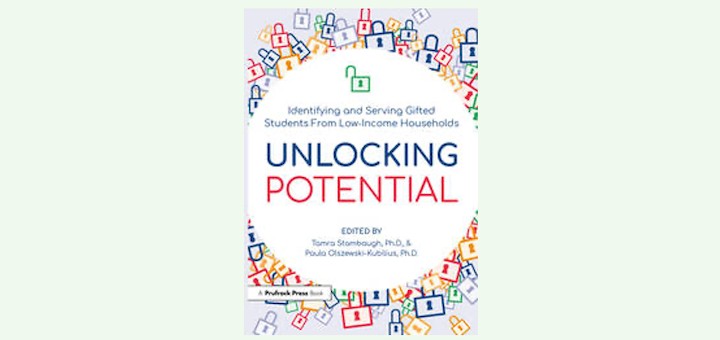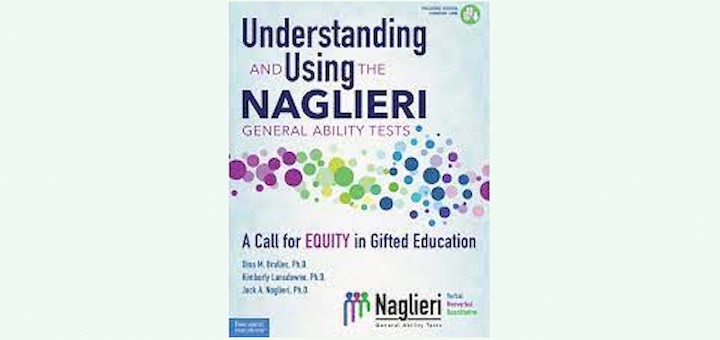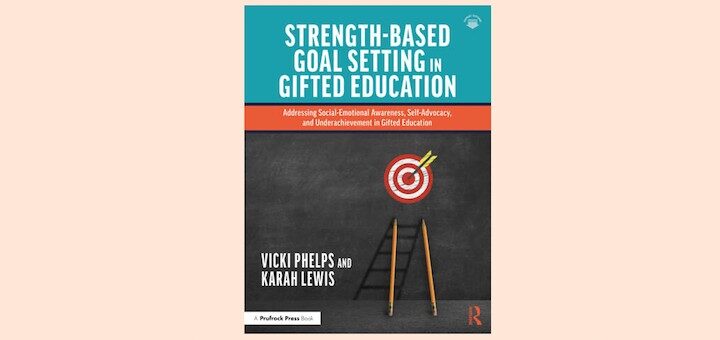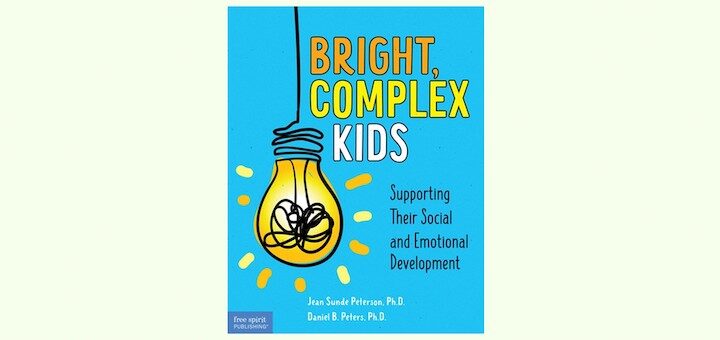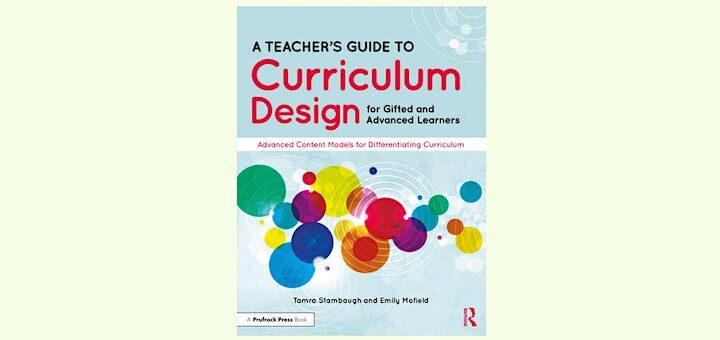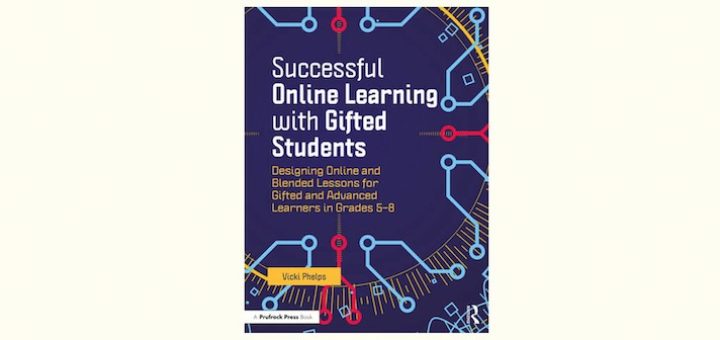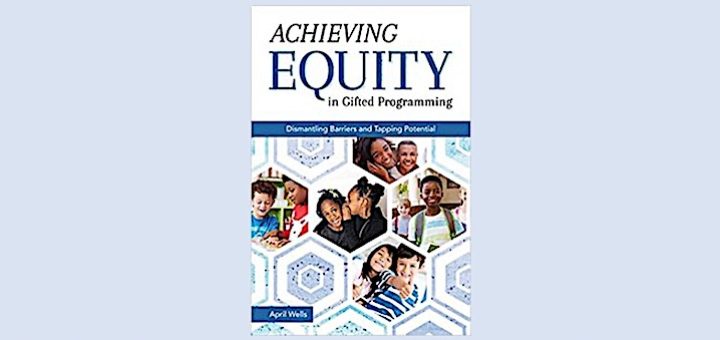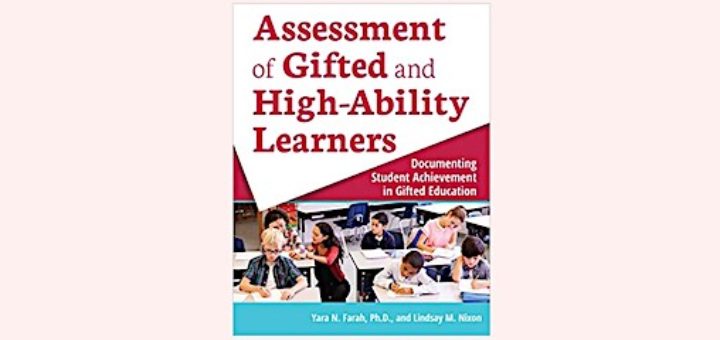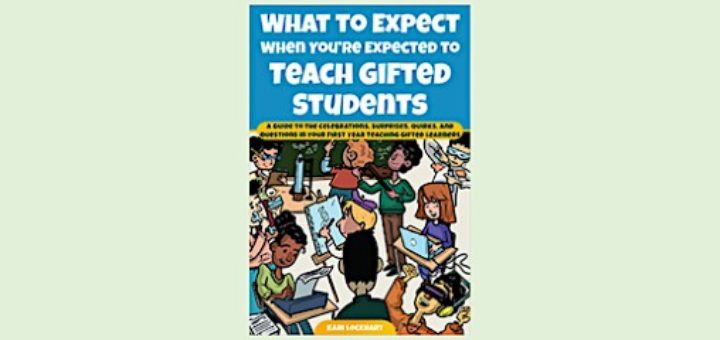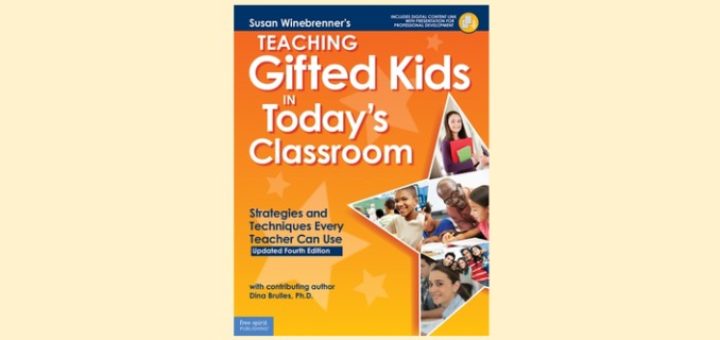Category: Gifted students
Tamra Stambaugh and Paula Olszewski-Kubilius provide a guidebook to move forward with gifted programs that meet the needs of students living in poverty. “This will be a resource that shapes our gifted education program a long time into the future,” writes district coordinator Kim Rensch.
Jack A. Naglieri and his co-authors offer a comprehensive guide to using the Naglieri General Ability Tests to reach gifted students equitably and also deliver instruction to those students identified through the tests, writes NBCT and gifted services specialist Kim Rensch.
Phelps and Lewis offer a comprehensive guide to setting goals, delineating a process that is sure to be impactful for gifted learners. Specialists working with 2E or underachieving students will appreciate the strengths-first framing, writes gifted education leader Kim Rensch.
Bright Complex Kids by Jean Sunde Peterson and Daniel B. Peters is highly readable and highly evidentially rigorous in helping educators, families and health professionals identify and work with gifted children of all socio-economic backgrounds, writes educator Amy Estersohn.
Drs. Tamra Stambaugh and Emily Mofield go beyond the usual guidance on differentiation for gifted and advanced learners, providing teachers with useful graphic organizers, project ideas, and sample complex questions in multiple K-12 content areas, writes NBCT Kim Rensch.
In Successful Online Learning with Gifted Students, author Vicki Phelps offers guidelines for getting started with online tools and engaging advanced learners in grades 5-8 using virtual and blended lessons. A winner that will reward his future students, writes Kevin Cordi.
April Wells tackles inequity in gifted education by sharing the story of an urban district that redesigned its gifted programs and took aggressive steps to remedy the lack of racial, economic and language diversity. Teacher educator Sarah Pennington finds the book timely.
Assessment of Gifted and High-Ability Learners is a guide to classroom assessment for instructional decisions, using the authors’ framework, Dynamic Teaching. The book presents a good foundation of three common assessment tools, writes gifted education specialist Kate Boonstra.
Kari Lockhart’s What to Expect When You’re Expected to Teach Gifted Students touches on two key elements: how to identify gifted students and how to work with their parents. Kolby Wagner expects to find the author’s strategies for co-teaching and parent engagement helpful.
Gifted students are often the forgotten portion of the special education spectrum. To remedy the problem, gifted and special educator Laura Von Staden highly recommends this book full of valuable information and insight, written in a concise, user-friendly format.

